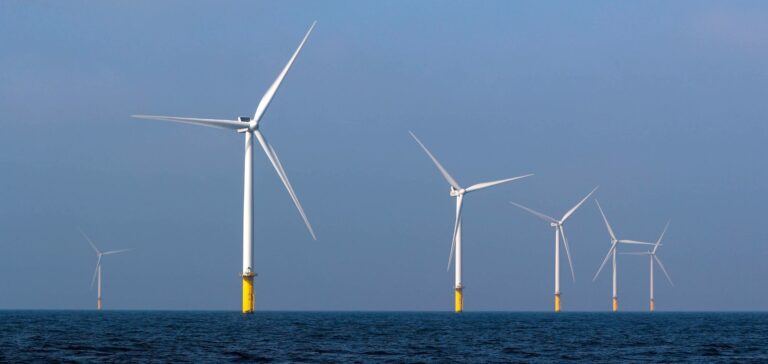European offshore renewable energy companies have called for increased political and financial support to meet government targets for rapid development of green energy. The companies made the joint call as leaders from nine countries, including Germany, France and the United Kingdom, meet in Ostend, Belgium, to commit to more than quadrupling North Sea wind capacity by 2030.
A press release to alert on the delay of the European objectives
More than 100 companies and industry groups said in a joint statement that “our industry is not large enough today to meet the commitments of the nine governments and the growing demand for renewable electricity and renewable hydrogen,” adding that they would “do everything possible” to ensure that new wind farms are made in Europe.
The signatories, which included energy companies such as Orsted, Shell and Equinor, wind turbine manufacturer Siemens Gamesa, the UK’s National Grid, renewable hydrogen equipment manufacturer Nel and industry group Wind Europe, said European industries can currently produce seven gigawatts of offshore wind power per year. To meet the countries’ goals, more than 20 GW per year will need to be added in a few years, they said.
EU and government assistance still needed
Final investment decisions in European offshore wind farms fell in 2022 as developers faced record inflation, high interest rates, rising seabed leasing costs and volatile energy markets. Investment has rebounded this year, but companies said additional support will be needed or Europe’s renewable energy sector may struggle to achieve the expansion needed to meet targets, increasing the risk of increased reliance on imported parts.
The companies called for increased EU and government funding to develop renewable energy component manufacturing in Europe and for inflation-indexed prices in government auctions to support wind farms. The companies also warned the EU against extending its cap on power producers’ revenues, which is set to expire in June. The scheme was introduced last year to claw money back from rising energy prices and return it to consumers, but it has been challenged by the industry, which said it discouraged investors.






















